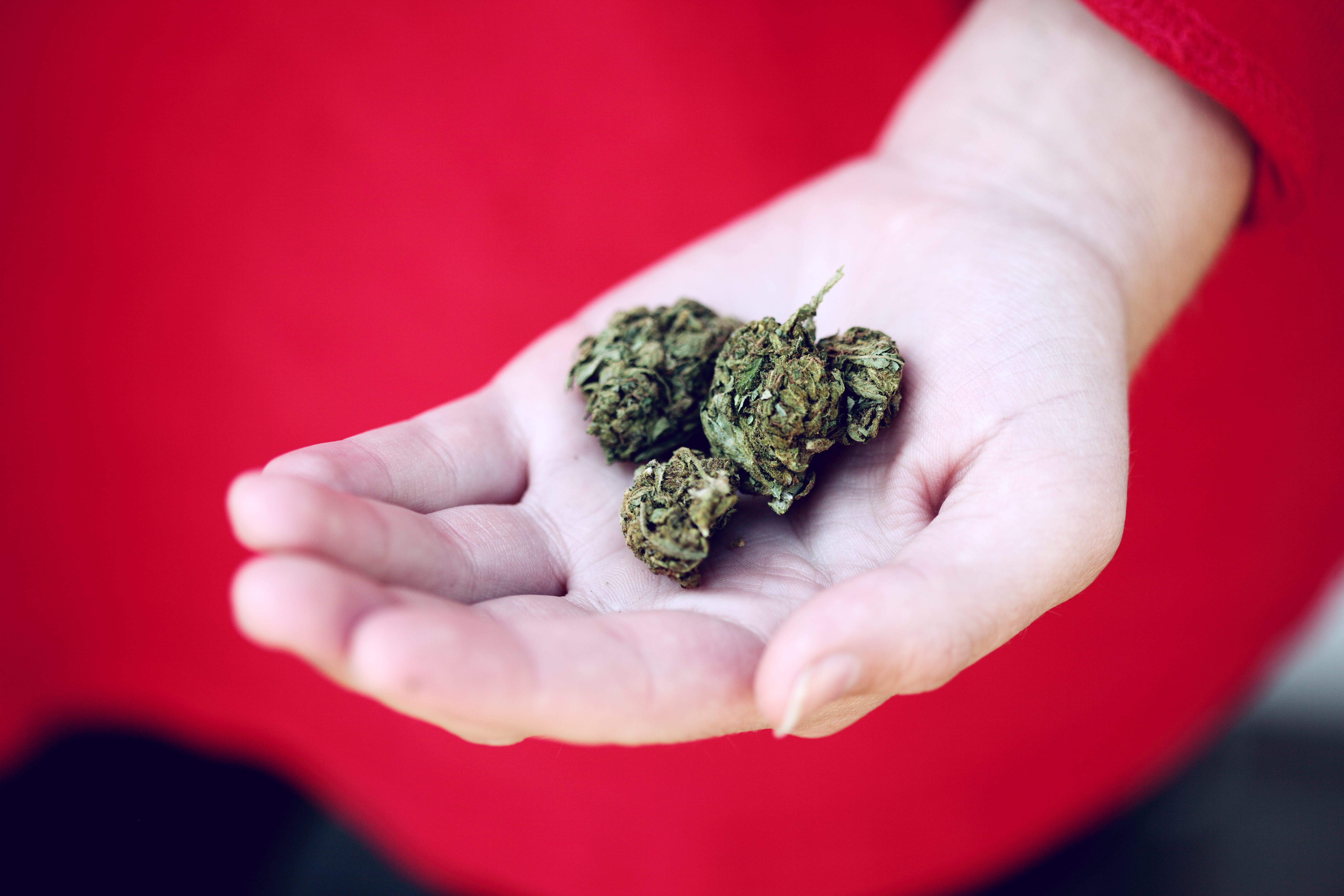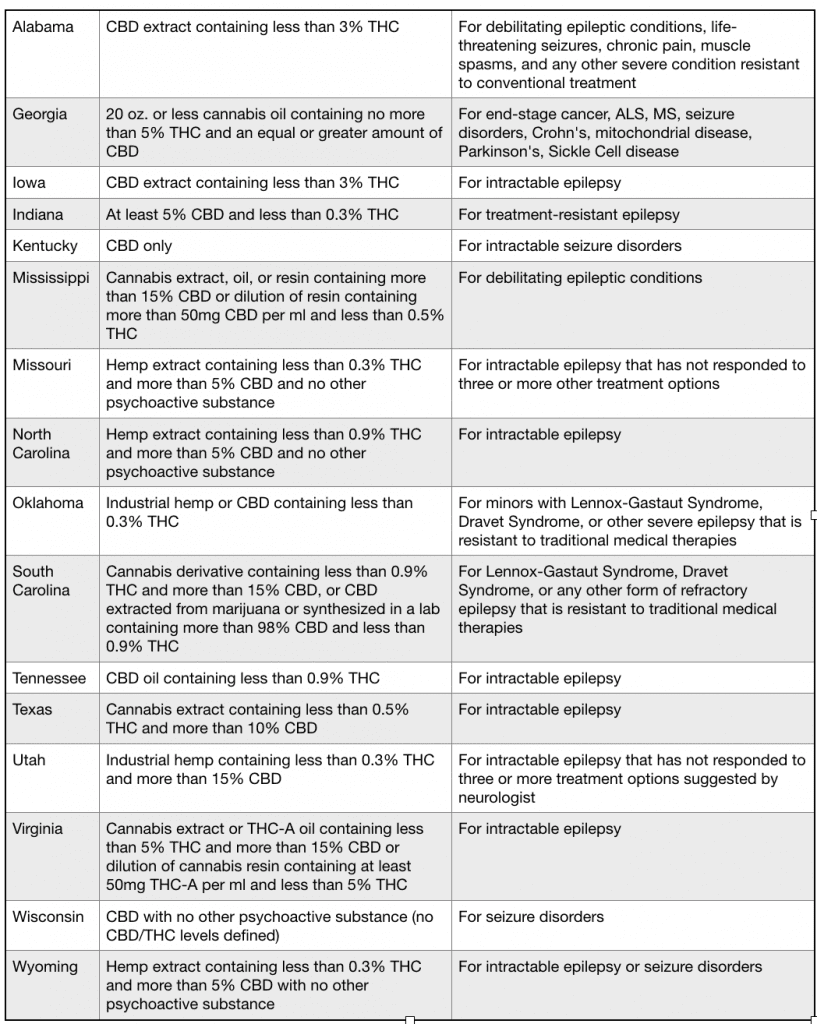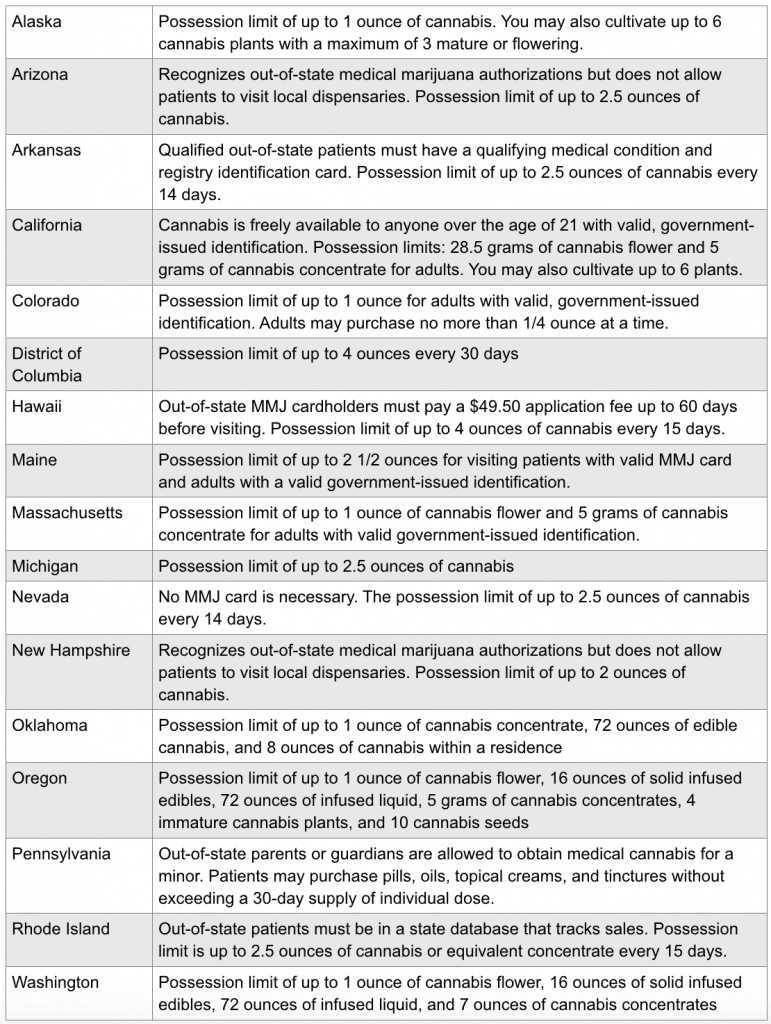As laws regarding cannabis change, those medical and recreational users need to keep abreast of how these changes affect them.
Medical cannabis is now legal in 34 states plus the District of Columbia and four U.S. territories: Guam, Northern Mariana Islands, Puerto Rico, and the U.S .Virgin Islands.
Medical Cannabis in the United States
As of June 25, 2019, these jurisdictions have approved a comprehensive, publicly available, adult-use medical cannabis program.
- Alaska
- Arizona
- Arkansas
- California
- Colorado
- Connecticut
- Delaware
- District of Columbia
- Florida
- Guam
- Hawaii
- Illinois
- Iowa
- Louisiana
- Maine
- Maryland
- Massachusetts
- Michigan
- Minnesota
- Missouri
- Montana
- Nevada
- New Hampshire
- New Jersey
- New Mexico
- New York
- North Dakota
- Northern Mariana Islands
- Ohio
- Oklahoma
- Oregon
- Pennsylvania
- Puerto Rico
- Rhode Island
- U.S. Virgin Islands
- Utah
- Vermont
- Washington
- West Virginia
States with medical marijuana laws often maintain a patient registry and issue MMJ cards to eligible patients. Cardholders cannot be arrested for marijuana possession as long as they meet the limit for personal medicinal use.

Recreational Cannabis in the United States
Recreational cannabis is now legal in 11 states – Alaska, California, Colorado, Illinois, Maine, Massachusetts, Michigan, Nevada, Oregon, Vermont, and Washington – plus the District of Columbia, Guam, and the Northern Mariana Islands.
Limited Medical Marijuana Program
Sixteen states implement a limited medical marijuana program which specifies what type of cannabis preparation is allowed and for what types of medical condition. Many of these laws focus on “low THC, high CBD” products for treatment-resistant seizures.
Cannabis Reciprocity Program in the United States
MMJ card reciprocity programs allow you to use your medical marijuana card out of state. There are currently 17 states that accept out-of-state marijuana authorizations. Each jurisdiction has its own set of conditions for MMJ card reciprocity.
Federal Laws on Cannabis
Marijuana is still classified as a Schedule I substance, which means the prescription is prohibited, and distribution is considered a federal offense. Medical marijuana “prescriptions” are called recommendations, authorizations, or referrals instead.
You can still be arrested even if you have a medical marijuana card, especially if you violate the possession limits of an MMJ card reciprocity program. It is vital that you research and plan carefully before purchasing medical marijuana out of state. You should carry your MMJ card and your doctor’s recommendation with you at all times to help you fight charges in case you get into trouble with law enforcement.




Join the conversation!